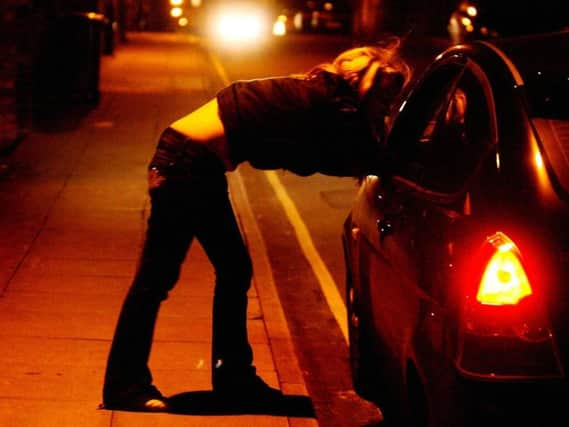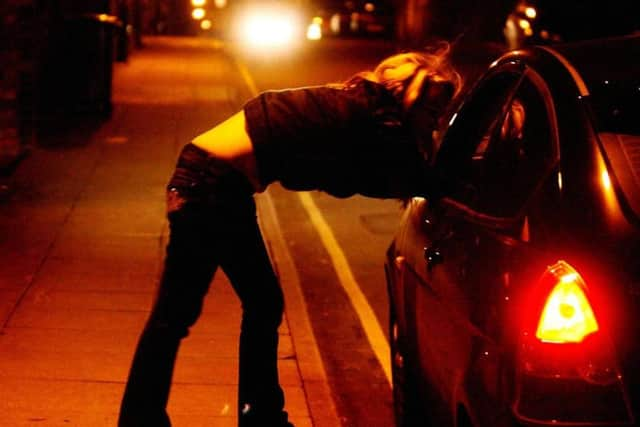Extra police officers to patrol Leeds 'legal red light district' in Holbeck


Community safety partnership Safer Leeds today announced that four more officers, partly funded by Leeds City Council, are to help reduce the impact that the 'managed approach' to street sex work is having on the lives of residents and businesses in the Holbeck area.
Safer Leeds - a body which includes the council and West Yorkshire Police - introduced the scheme back in October 2014.
Advertisement
Hide AdAdvertisement
Hide AdIt allows street sex workers to ply for trade without fear of arrest, in certain streets and within agreed hours providing they follow certain rules.


But complaints from residents have steadily risen in recent years, prompting Leeds Central MP Hilary Benn to raise concerns.
Some councillors have also called for proof that Safer Leeds can make the scheme work as originally intended.
Representatives from Safer Leeds, Leeds City Council, West Yorkshire Police and the charity Basis Yorkshire have now given a rare briefing about how the scheme is to evolve.
Advertisement
Hide AdAdvertisement
Hide AdThey said the additional police had begun work in the area in the past fortnight to provide a faster response to calls made to a dedicated police line, act on intelligence and use proactive enforcement measures.
There will also be a more focused approach to gathering and analysing data by the various agencies involved.
Coun Debra Coupar, Leeds City Council’s executive member with responsibility for Safer Leeds, said: “We recognise that there is still a lot of hard work to be done to lessen the impact of on-street sex work in and around the area.
"After listening very closely to local views we have revised our operational and policing strategy while also ensuring that meaningful support continues to be in place to help and safeguard those involved in street sex work."
Advertisement
Hide AdAdvertisement
Hide AdShe said the extra resources would enable a faster response to issues and the new arrangements would be monitored to ensure they made an impact.
Safer Leeds says it remains committed to the 'managed approach' but has promised to carry out an review of the scheme next year once the changes have had time to bed in.
Chief Superintendent Steve Cotter, of Leeds District Police, said: "We remain convinced that this approach is the right one as it provides the best opportunity to safeguard the vulnerable women involved in street sex work; to limit the issues that impact on residents and businesses; and to reduce the level of street sex work in Leeds.
“Unfortunately this initiative has often been misportayed as a ‘legal red light zone’ or decriminalisation, when it has always been about using strategic enforcement to support wider partnership work to help women leave street sex work."
Advertisement
Hide AdAdvertisement
Hide AdHe said enforcement activity in isolation had failed to reduce the level of street sex work for more than a decade prior to the introduction of the scheme, despite "repeated and concerted efforts" by police to target both sex workers and those seeking to buy sex.
“This had very little impact on the level of street sex work or the issues it caused in communities," he said. "It also meant the police were the last people sex workers would turn tofor help, and so offences against them went unreported leaving the offenders free to commit further crimes.
“That situation has changed dramatically under the managed approach and we now have significantly improved communication with the women which has led directly to offenders being convicted and imprisoned."
